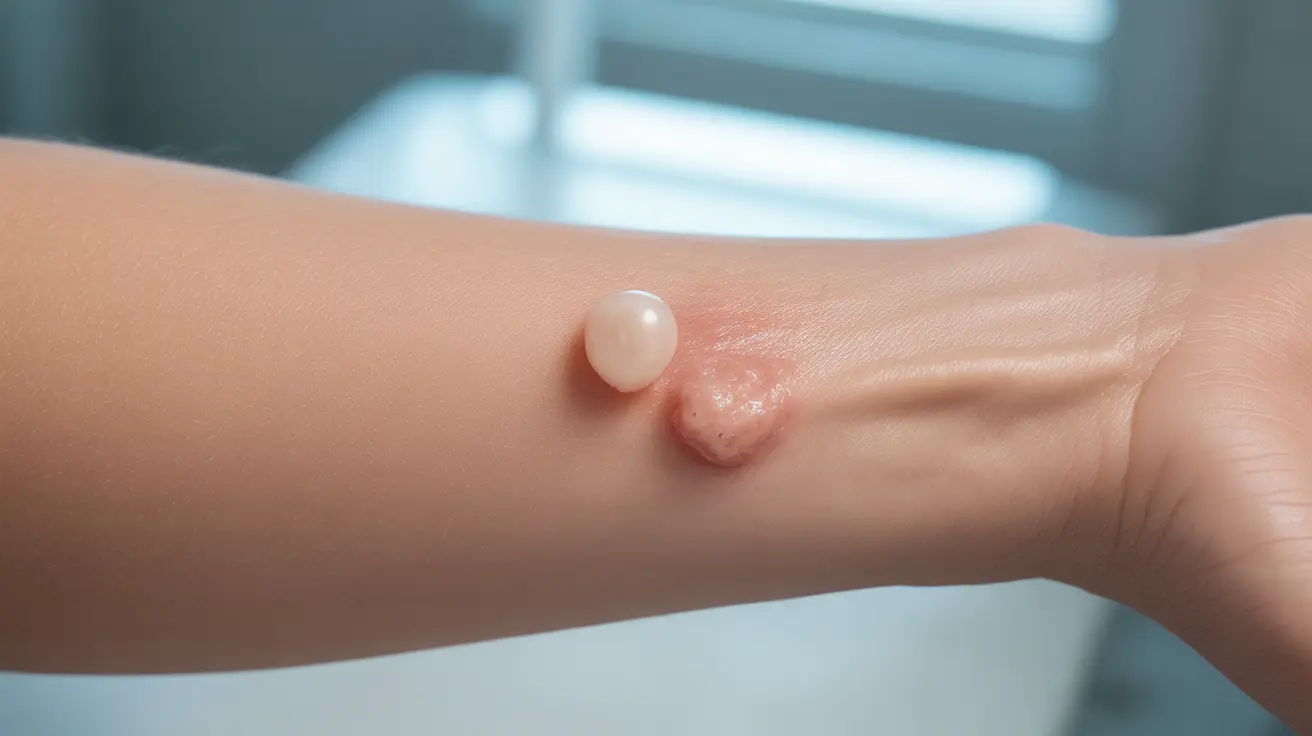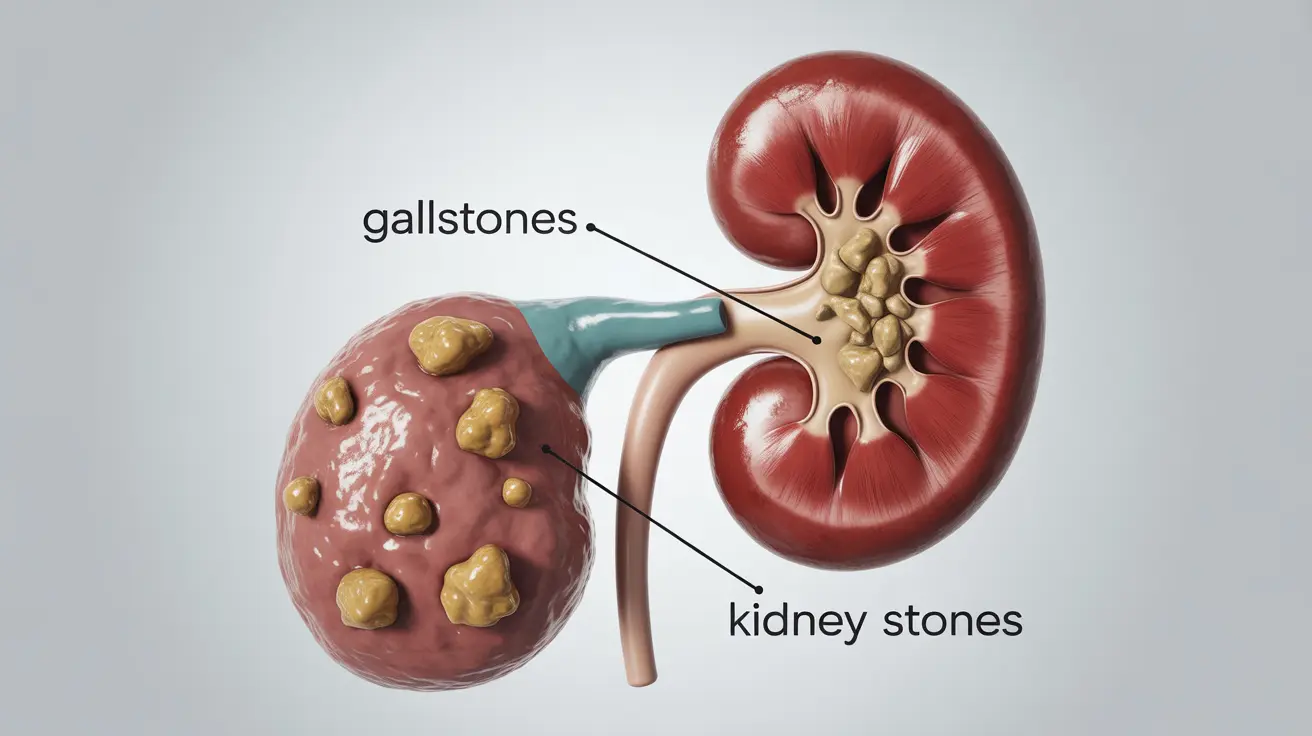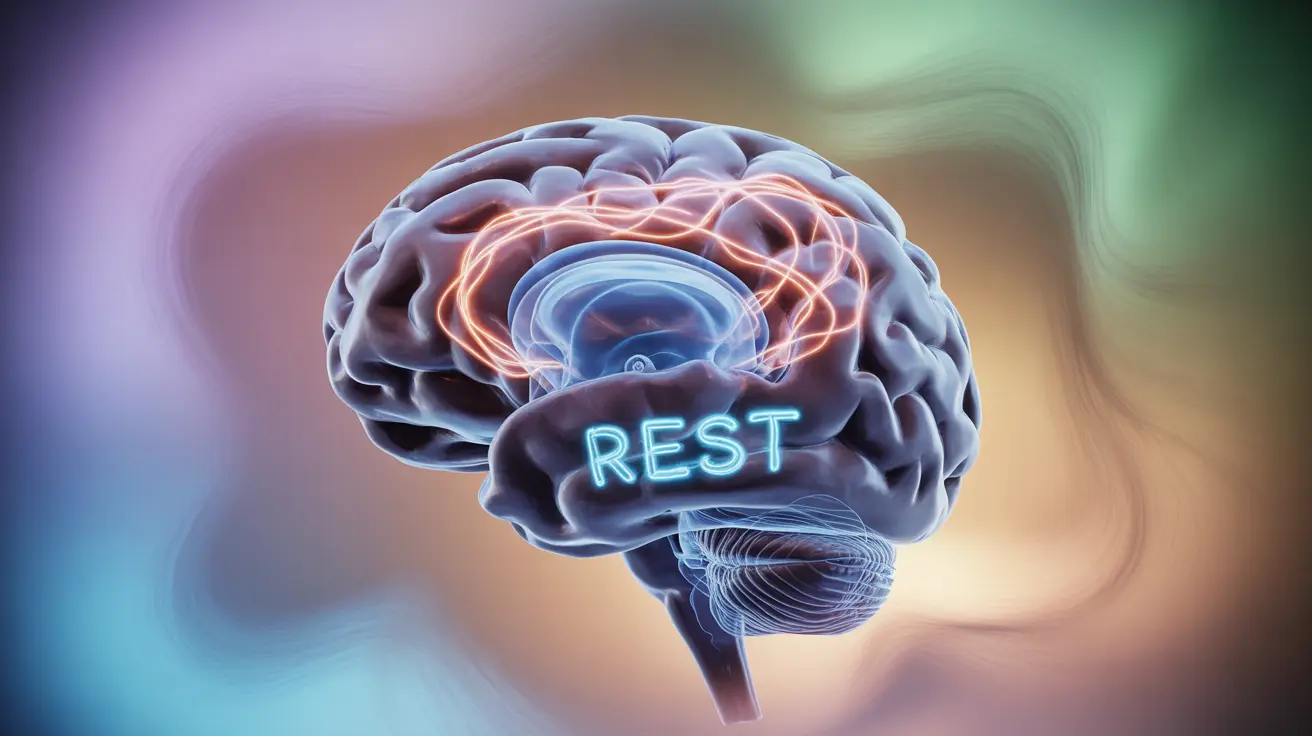As your baby grows and becomes more mobile, you may notice them starting to roll over and prefer sleeping on their stomach. This development often raises concerns for parents of 6-month-olds about sleep safety and the risk of Sudden Infant Death Syndrome (SIDS). Understanding when stomach sleeping becomes safer and what precautions to take is crucial for your baby's well-being.
Understanding Stomach Sleeping at 6 Months
At 6 months old, babies typically develop stronger neck and arm muscles, allowing them to lift their heads and roll over independently. While back sleeping remains the safest position for infants, the risks associated with stomach sleeping begin to decrease as babies gain these physical abilities.
When Stomach Sleeping Becomes Less Risky
The primary concern with stomach sleeping decreases significantly when babies can consistently roll both from back to stomach and stomach to back. This milestone typically occurs around 6 months of age, though every baby develops at their own pace.
Key Developmental Signs
- Strong neck control
- Ability to push up with arms
- Consistent rolling in both directions
- Good head control when sitting
Safe Sleep Guidelines for 6-Month-Olds
Even when your 6-month-old shows signs of readiness for stomach sleeping, maintaining a safe sleep environment remains crucial. Here are essential safety measures to follow:
Sleep Environment Safety Checklist
- Use a firm mattress with fitted sheets
- Keep the crib clear of blankets, pillows, and toys
- Maintain room temperature between 68-72°F
- Dress baby appropriately without overheating
- Place crib away from windows and cords
Monitoring Your Baby's Sleep Position
While it's normal for babies to change positions during sleep at this age, continue placing them on their back at the start of sleep time. If they roll to their stomach independently, you generally don't need to reposition them, provided they can roll both ways.
Back Sleeping Benefits and Recommendations
The American Academy of Pediatrics continues to recommend back sleeping as the safest position for all babies under 12 months. This position helps reduce the risk of SIDS by:
- Keeping airways clear
- Preventing overheating
- Reducing the risk of rebreathing expired air
- Maintaining better oxygen levels
Frequently Asked Questions
Is it safe for a 6-month-old baby to sleep on their stomach if they can roll both ways?
Yes, it's generally safe for a 6-month-old to sleep on their stomach if they can consistently roll both ways and have good head and neck control. However, continue placing them on their back to start sleep sessions.
What are the risks of sudden infant death syndrome (SIDS) associated with stomach sleeping?
Stomach sleeping can increase SIDS risk by potentially causing rebreathing of expired air, overheating, and airway compression. However, these risks decrease significantly once babies can roll independently and have strong neck control.
How can I create a safe sleep environment for my baby to reduce the risk of SIDS?
Create a safe sleep environment by using a firm mattress, keeping the crib clear of loose items, maintaining appropriate room temperature, and ensuring proper ventilation. Always use fitted sheets and avoid crib bumpers.
What are the benefits of placing a baby on their back to sleep, and should I do this for both naps and nighttime?
Back sleeping helps maintain clear airways, prevents overheating, and reduces SIDS risk. Yes, place your baby on their back for all sleep periods, including both naps and nighttime sleep.
When can babies safely sleep on their stomachs without an increased risk of SIDS, and what precautions should I take?
The risk decreases significantly around 6 months when babies can roll both ways and have strong neck control. Continue following safe sleep guidelines, including a firm mattress and clear crib, until your baby's first birthday.




